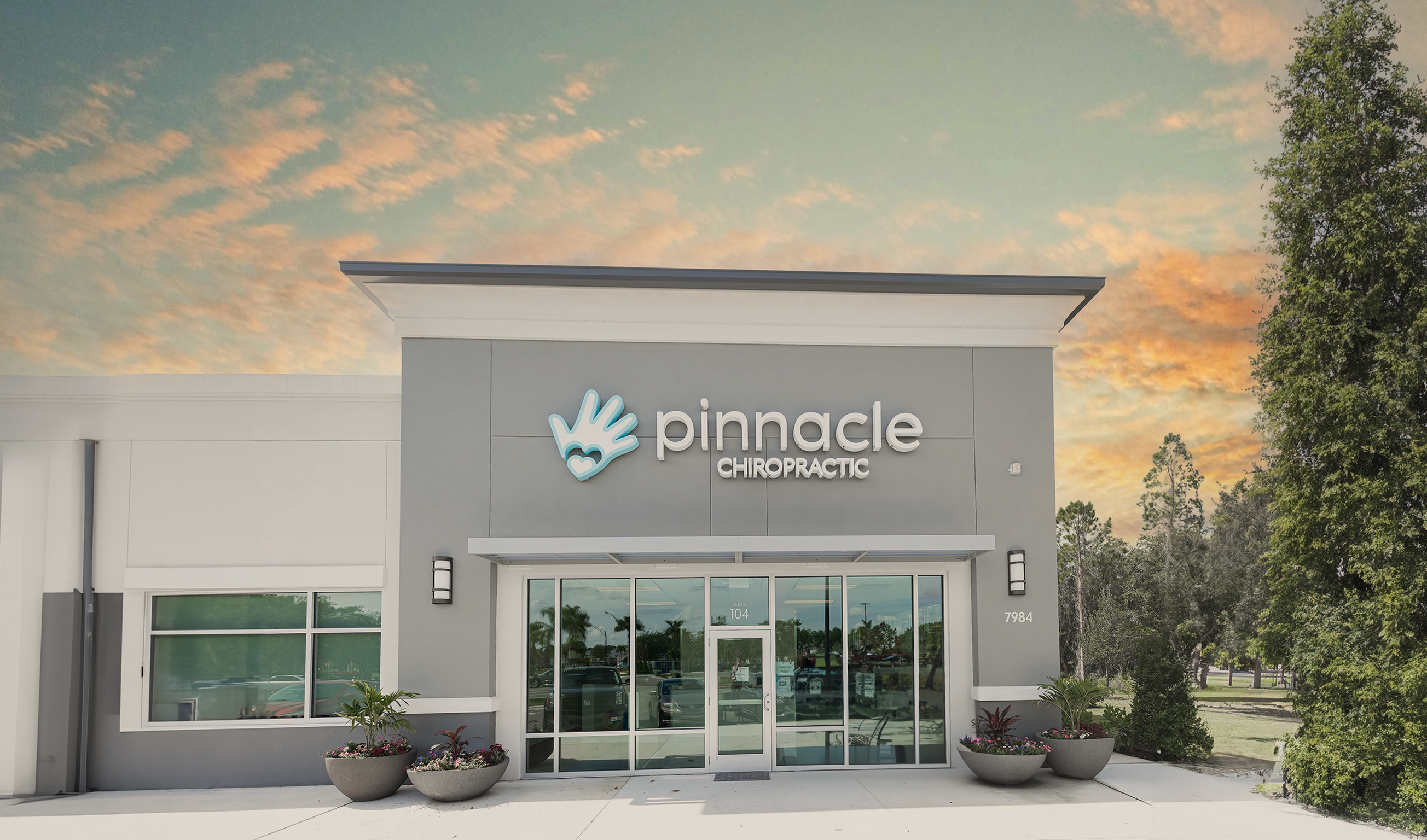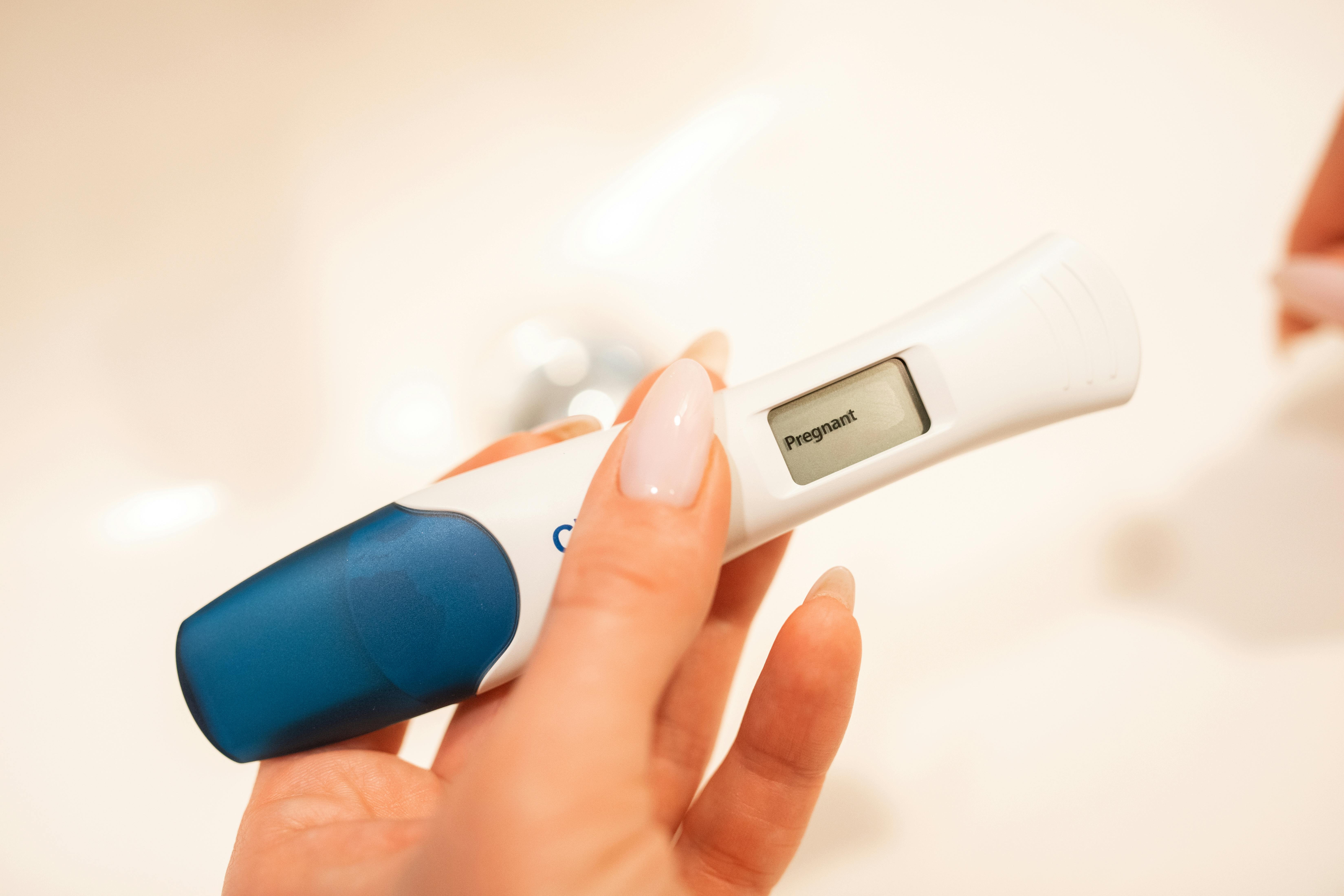Welcome to Pinnacle Chiropractic
At Pinnacle Chiropractic, located in Lakewood Ranch, Sarasota, and Bradenton, Florida, we specialize in prenatal, pediatric, and family chiropractic care. The postpartum period brings many changes and challenges, and one of the most common issues new mothers face is postpartum incontinence or bladder leakage. This condition can be both physically uncomfortable and emotionally distressing. This webpage is dedicated to providing you with comprehensive information about postpartum incontinence, its causes, potential treatments, and how chiropractic care can support your recovery and improve your quality of life.
What is Postpartum Incontinence?
Postpartum incontinence refers to the unintentional leakage of urine following childbirth. This condition is common among new mothers, with many experiencing bladder control issues for weeks or even months after delivery. The most common types of postpartum incontinence are:
- Stress Incontinence: Leakage occurs when there is pressure on the bladder, such as during coughing, sneezing, laughing, or exercising.
- Urge Incontinence: Characterized by a sudden, intense urge to urinate, followed by involuntary leakage.
While postpartum incontinence is common, it’s important to know that it is treatable and that you don’t have to live with discomfort or embarrassment.
Causes of Postpartum Incontinence
Several factors contribute to postpartum incontinence, including:
1. Pelvic Floor Muscle Weakness
- During Pregnancy: The weight of the growing baby places stress on the pelvic floor muscles, which support the bladder, uterus, and bowel. This can lead to muscle weakening over time.
- During Childbirth: Vaginal delivery, particularly if it involves a prolonged second stage of labor, forceps delivery, or a large baby, can stretch and strain the pelvic floor muscles, leading to weakness and incontinence.
2. Hormonal Changes
- Relaxin Hormone: During pregnancy, the hormone relaxin helps loosen ligaments and muscles in preparation for childbirth. However, these effects can persist postpartum, leading to weakened pelvic support and bladder control issues.
3. Nerve Damage
- Pudendal Nerve: The pudendal nerve, which controls the pelvic floor muscles, can be damaged during childbirth, especially in cases of difficult or assisted deliveries. This damage can impair muscle function, contributing to incontinence.
4. Episiotomy or Tearing
- Perineal Trauma: An episiotomy or natural tearing during childbirth can cause trauma to the perineum, leading to weakened pelvic floor muscles and subsequent incontinence.
Understanding these causes can help you take the necessary steps to address postpartum incontinence and restore bladder control.
How Chiropractic Care Can Help with Postpartum Incontinence
At Pinnacle Chiropractic, we take a holistic approach to postpartum recovery, recognizing that the health of your spine and nervous system is closely connected to the function of your pelvic floor muscles. Here’s how chiropractic care can support you in managing and overcoming postpartum incontinence:
1. Restoring Pelvic Alignment:
During pregnancy and childbirth, the pelvis can become misaligned, leading to added stress on the pelvic floor muscles and bladder. Chiropractic adjustments help realign the pelvis, reducing strain on the pelvic floor and improving bladder control.
2. Enhancing Nervous System Function:
The nerves that control the pelvic floor muscles originate from the lower spine. Misalignments in the lumbar or sacral spine can interfere with nerve signals, impairing muscle function and leading to incontinence. Chiropractic care focuses on correcting these misalignments, promoting better nerve communication and muscle control.
3. Supporting Muscle Strengthening:
Chiropractic care, in conjunction with pelvic floor exercises, can help strengthen the muscles that support the bladder. Strengthening these muscles improves bladder control and reduces the incidence of leakage.
4. Reducing Inflammation and Discomfort:
Chiropractic adjustments can help reduce inflammation and discomfort in the lower back and pelvic region, promoting a faster and more comfortable postpartum recovery.
What to Expect During a Chiropractic Visit for Postpartum Incontinence
When you visit Pinnacle Chiropractic for postpartum incontinence, you can expect personalized care designed to address your specific needs. Here’s what a typical visit may involve:
- Initial Consultation: We begin with a thorough consultation to understand your birth experience, current health status, and any concerns related to incontinence and bladder control.
- Comprehensive Assessment: We perform a detailed assessment of your spine, pelvis, and nervous system to identify any misalignments or areas of tension that may be contributing to incontinence.
- Gentle Adjustments: Using specialized techniques designed for postpartum care, we provide gentle, precise adjustments to correct spinal and pelvic misalignments and support pelvic floor function.
- Holistic Support: In addition to chiropractic care, we may offer guidance on pelvic floor exercises, nutrition, hydration, and other lifestyle practices that can support bladder control and overall postpartum recovery.
- Ongoing Care: We work closely with you to monitor progress and adjust your care plan as needed, ensuring that you receive the support you need throughout your postpartum journey.
Our goal is to help you regain control and confidence, allowing you to focus on enjoying your new role as a mother.
Tips for Managing Postpartum Incontinence at Home
In addition to chiropractic care, there are several strategies you can use at home to manage and reduce postpartum incontinence:
- Practice Pelvic Floor Exercises: Pelvic floor exercises, commonly known as Kegels, are one of the most effective ways to strengthen the muscles that control bladder function. Aim to perform Kegels several times a day, gradually increasing the duration and intensity as your muscles strengthen.
- Stay Hydrated: Drinking plenty of water helps maintain bladder health and prevents irritation. Avoid dehydrating beverages like caffeine and alcohol, which can exacerbate incontinence.
- Maintain a Healthy Weight: Excess weight can place additional pressure on the pelvic floor muscles, worsening incontinence. Focus on achieving and maintaining a healthy weight through balanced nutrition and regular physical activity.
- Avoid Heavy Lifting: Strenuous activities, such as heavy lifting, can strain the pelvic floor muscles and exacerbate incontinence. Use proper lifting techniques and ask for help with heavy tasks.
- Empty Your Bladder Regularly: Avoid waiting too long to use the bathroom, as this can increase bladder pressure and lead to leakage. Try to empty your bladder every 2-3 hours.
- Use Incontinence Pads: If needed, use incontinence pads or liners to manage leakage and prevent discomfort. Choose products that are breathable and designed for sensitive skin.
When to Seek Medical Advice
While many cases of postpartum incontinence improve with time and appropriate care, it’s important to seek medical advice if:
- Incontinence Persists Beyond Six Months: If you continue to experience significant bladder control issues six months postpartum, it’s important to consult a healthcare provider for further evaluation and treatment options.
- You Experience Pain or Discomfort: If you experience pain, burning, or other discomfort during urination or while performing pelvic floor exercises, seek medical advice to rule out infections or other underlying conditions.
- Incontinence Is Severely Impacting Your Quality of Life: If incontinence is affecting your ability to participate in daily activities, social interactions, or exercise, consider seeking additional medical support, including physical therapy or specialized treatments.
Why Choose Pinnacle Chiropractic for Postpartum Care?
At Pinnacle Chiropractic, we are dedicated to supporting women’s health throughout the postpartum period and beyond. Here’s why families trust us with their care:
- Specialized Expertise: Our team is trained in prenatal and postpartum chiropractic techniques that are safe, gentle, and effective for new mothers.
- Holistic Approach: We believe in treating the whole person, addressing both physical and emotional aspects of health to support comprehensive postpartum recovery.
- Family-Centered Care: We work closely with you to ensure that our care aligns with your family’s needs and goals, providing a supportive and nurturing environment.
- Compassionate Support: We understand the challenges of postpartum incontinence and are here to offer compassionate, personalized care that meets your unique needs.
Contact Us
If you’re experiencing postpartum incontinence or bladder leakage, we’re here to help. Contact Pinnacle Chiropractic today to schedule an appointment or learn more about how our chiropractic care can support your recovery and improve your quality of life.
Phone: 941-822-8828
Address: 7984 Cooper Creek Blvd Suite 104, Bradenton, FL 34201










